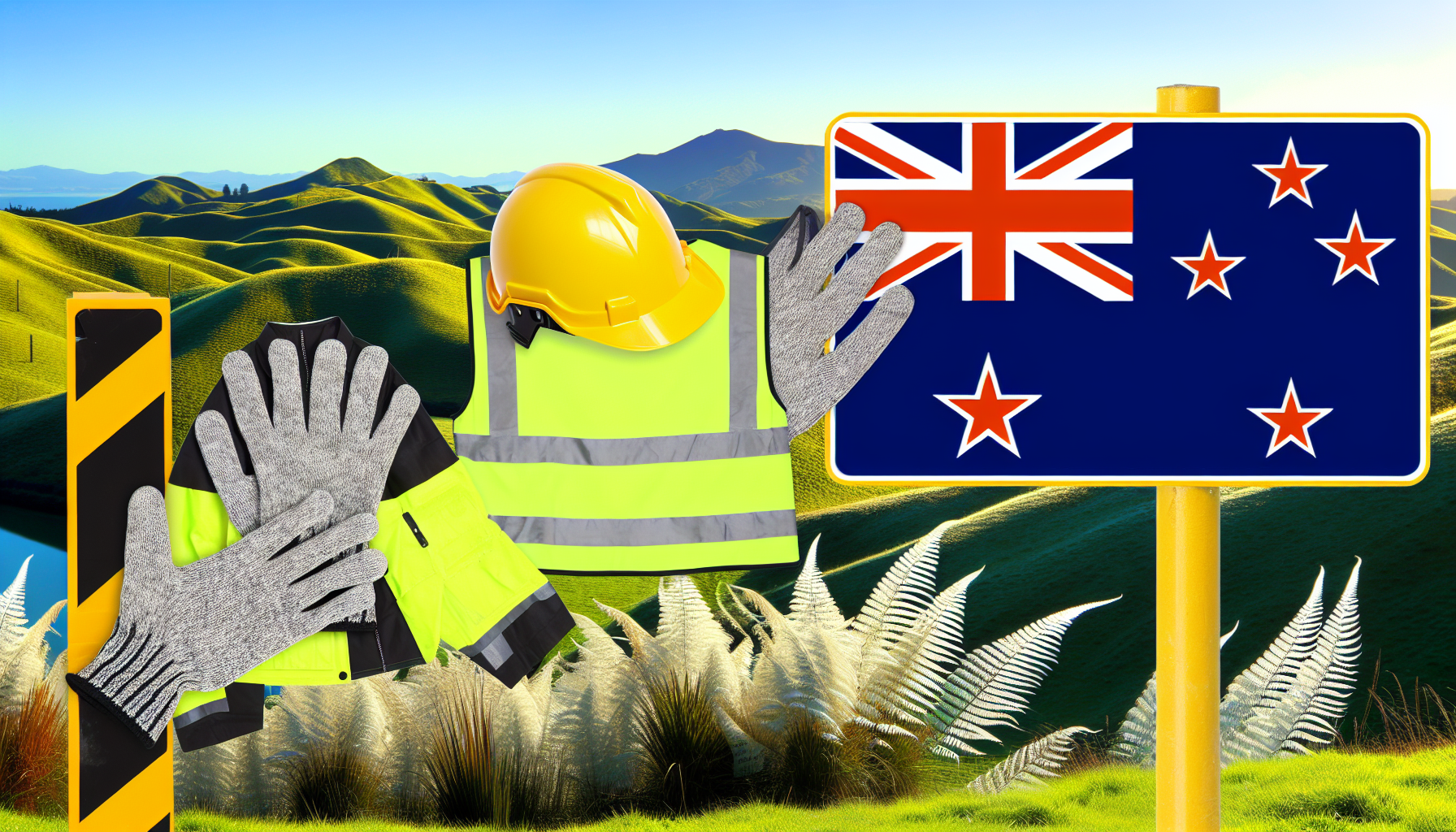Making Sense of Safety Standards in Your Home
Let’s be real—no one likes reading pages of legal jargon about regulations and safety standards. But when it comes to your home, these rules matter. They’re there to keep you, your family, and your property safe from avoidable disasters.
So, what do you actually need to know? Let’s break it down.
Building and Renovation Rules
If you’re building, renovating, or even making what seems like a small change (like adding a deck or installing a fireplace), there are safety standards to follow. New Zealand has strict building codes set by MBIE (the Ministry of Business, Innovation & Employment) that lay out how everything needs to be built—covering things like structure, fire safety, moisture control, and durability.
What you need to do:
- Check if you need a consent before starting work. You can find this out through your local council’s website.
- Make sure any builder, plumber, or electrician you hire follows NZ Building Code standards. Licensed professionals are a must.
- Learn about restricted building work (RBW). Any significant structural or weatherproofing changes must be done or supervised by a Licensed Building Practitioner (LBP).
Electrical and Fire Safety
Electricity and fire don’t mix well with carelessness. In NZ, electrical work needs to meet standards set by WorkSafe and the New Zealand Electrical Code of Practice.
Here’s what to keep in mind:
- DIY electrical work is super limited – Changing a lightbulb is fine. Rewiring a room? Not fine. Always get a licensed electrician.
- Install smoke alarms – Legally, landlords must have them in all rental properties, but homeowners should do the same. Look for Fire and Emergency NZ guidelines on placement.
- Check your switchboard – If you have an old fuse box, it might be time for an update to modern circuit breakers for better protection.
Gas and Carbon Monoxide Risks
Got gas appliances? Then you need to be extra cautious. Gas leaks and carbon monoxide poisoning are real dangers. All gas work should be done by a licensed gasfitter.
What to do:
- Install carbon monoxide detectors near sleeping areas.
- Get your gas appliances serviced regularly (every one to two years). Check Energy Safety NZ for advice.
- Watch for warning signs—a yellow flame instead of blue, soot buildup, or a strange gas smell means something’s off.
Water Safety and Plumbing
Whether it’s preventing leaks, avoiding contamination, or making sure hot water is the right temperature, plumbing is another area covered by safety rules.
- Keep hot water at 60°C in the cylinder, but 50°C at the tap – Too low and bacteria can grow, too high and you risk burns.
- Know the rules for stormwater and wastewater – Some drainage work must be done by a registered plumber. Check with your local council.
- Use backflow prevention devices – These stop dirty water from flowing back into your clean supply.
Pools and Fencing
Thinking about a backyard pool? There are strict fencing rules under the Building (Pools) Amendment Act 2017 to prevent drowning, especially for kids under 5.
- Fences must be at least 1.2m high and not easily climbable.
- Gates must be self-closing and self-latching – No propping it open!
- Even small pools count – If it’s 400mm deep or more, it needs to be fenced.
Find all details on fencing and compliance with your local council or at Building.govt.nz.
Earthquake and Natural Disaster Safety
NZ is in an active earthquake zone, so securing your home properly matters.
- Anchor tall furniture to the wall (bookcases, cabinets, TVs—anything that could tip).
- Ensure your home meets seismic standards – If you’re buying or renovating, get a professional assessment.
- Keep an emergency kit – Civil Defence NZ has a great checklist here.
Final Word
Safety standards aren’t just red tape—they exist to protect you. Whether you’re fixing up your home, installing new appliances, or just doing general maintenance, always check if there are regulations in place. When in doubt, talk to experts—councils, licensed tradespeople, or even your local Bunnings or Mitre 10 for hardware compliance advice.
Stay safe and do things right the first time—it’s worth it.


Leave a Reply